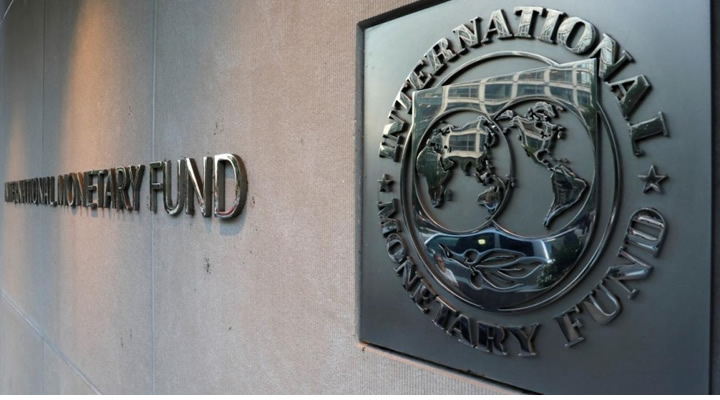The International Monetary Fund (IMF) has said addressing food insecurity should be the immediate priority for the government.
The IMF said this in its End-of-Mission statement issued after the completion of the IMF Staff 2024 Article IV Mission to Nigeria, a copy of which was obtained in Abuja on Tuesday.
The statement included statements of IMF staff teams that convey preliminary findings after a visit to a country.
It said the new government inherited a difficult economic situation marked by low growth, low revenue collection, accelerating inflation, and external imbalances built up over the years.
“Addressing food insecurity is the immediate priority. The recent approval of a well-targeted and effective social protection system is an important step toward addressing food insecurity in Nigeria and implementation will be crucial,” the statement said.
It said the decision by the Monetary Policy Committee (MPC) to further tighten monetary policy would help contain inflation and pressures on the Naira.
The statement said an IMF team, led by Axel Schimmelpfennig, IMF mission chief for Nigeria, visited Lagos and Abuja to hold discussions for the 2024 Article IV Consultations with Nigeria.
It said the team met with the Minister of Finance and Coordinating Minister of the Economy of Nigeria, Wale Edun, and the Central Bank of Nigeria (CBN) Governor, Olayemi Cardoso.
Others were the senior government and CBN officials, the Ministries of Agriculture and Environment, as well as representatives from sub-nationals, the private sector and Civil Society Organisations (CSOs).
At the end of the visit, Schimmelpfennig, in a statement said: “Nigeria’s economic outlook is challenging. Economic growth strengthened in the fourth quarter, with Gross Domestic Product (GDP) growth reaching 2.8 per cent in 2023. This falls slightly short of population growth dynamics.’’
”Improved oil production and an expected better harvest in the second half of the year are positive for 2024 GDP growth, which is projected to reach 3.2 per cent, although high inflation, naira weakness, and policy tightening will provide headwinds.
“With about eight per cent of Nigerians deemed food insecure, addressing rising food insecurity is the immediate policy priority. In this regard, staff welcomed the authorities’ approval of an effective and well-targeted social protection system.
“The team also welcomed the government’s release of grains, seeds, and fertiliser, as well as Nigeria’s introduction of dry-season farming.”


